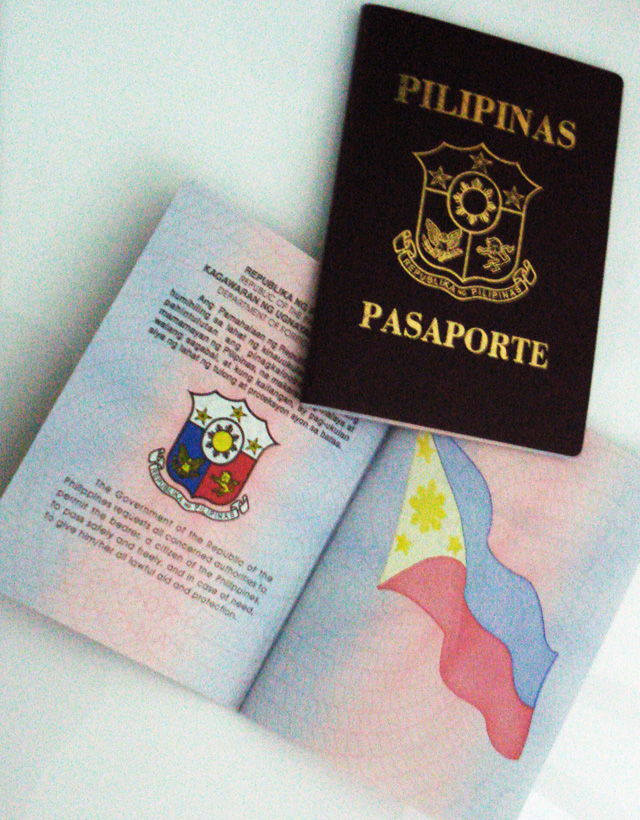MANILA—The Supreme Court (SC) has partially granted a petition filed by the Department of Foreign Affairs (DFA) in connection with the Machine Readable Passport and Visa Project (MRPN Project) which was awarded to BCA International Corporation (BCA).
In a ruling written by Senior Associate Justice Antonio T. Carpio, the SC’s Second Division partly granted the DFA’s petition.
The SC remanded the case to “the Regional Trial Court of Makati City, Branch 146, to determine whether the documents and records sought to be subpoenaed are protected by the deliberative process privilege as explained in this decision.”
“The Resolution dated 2 April 2014 issuing a Temporary Restraining Order is superseded by this decision,” the SC ruling said.
In an Amended Build-Operate-Transfer Agreement dated April 5, 2002, the DFA awarded the MRPN Project to the BCA.
During the implementation of the MRPN Project, the DFA sought to terminate the agreement.
However, the BCA opposed the termination and filed a request for arbitration.
On May 16, 2013, the BCA filed before the Makati City RTC a petition for assistance in taking evidence pursuant to the Implementing Rules and Regulations (IRR) of Republic Act No. 9285, or “The Alternative Dispute Resolution Act of 2004”.
In its petition, the BCA sought the issuance of subpoena ad testificandum and subpoena duces tecum to the witnesses and documents in their custody until the case reached the SC.
In the June 29, 2016 ruling, the SC said that “it is necessary to consider the circumstances surrounding the demand for the evidence to determine whether or not its production is injurious to the consultative functions of government that the privilege of non-disclosure protects.”
“[C]onsidering that the RTC erred in applying our ruling in Chavez v. Public Estates Authority, and both BCA’s and DFA’s assertions of subpoena of evidence and the deliberative process privilege are broad and lack specificity, we will not be able to determine whether the evidence sought to be produced is covered by the deliberative process privilege,” the SC said.
“The parties are directed to specify their claims before the RTC and, thereafter, the RTC shall determine which evidence is covered by the deliberative process privilege, if there is any, based on the standards provided in this decision,” it added.
Concurring in with the ruling were Associate Justices Mariano C. del Castillo, Jose C. Mendoza and Marvic F. Leonen.
